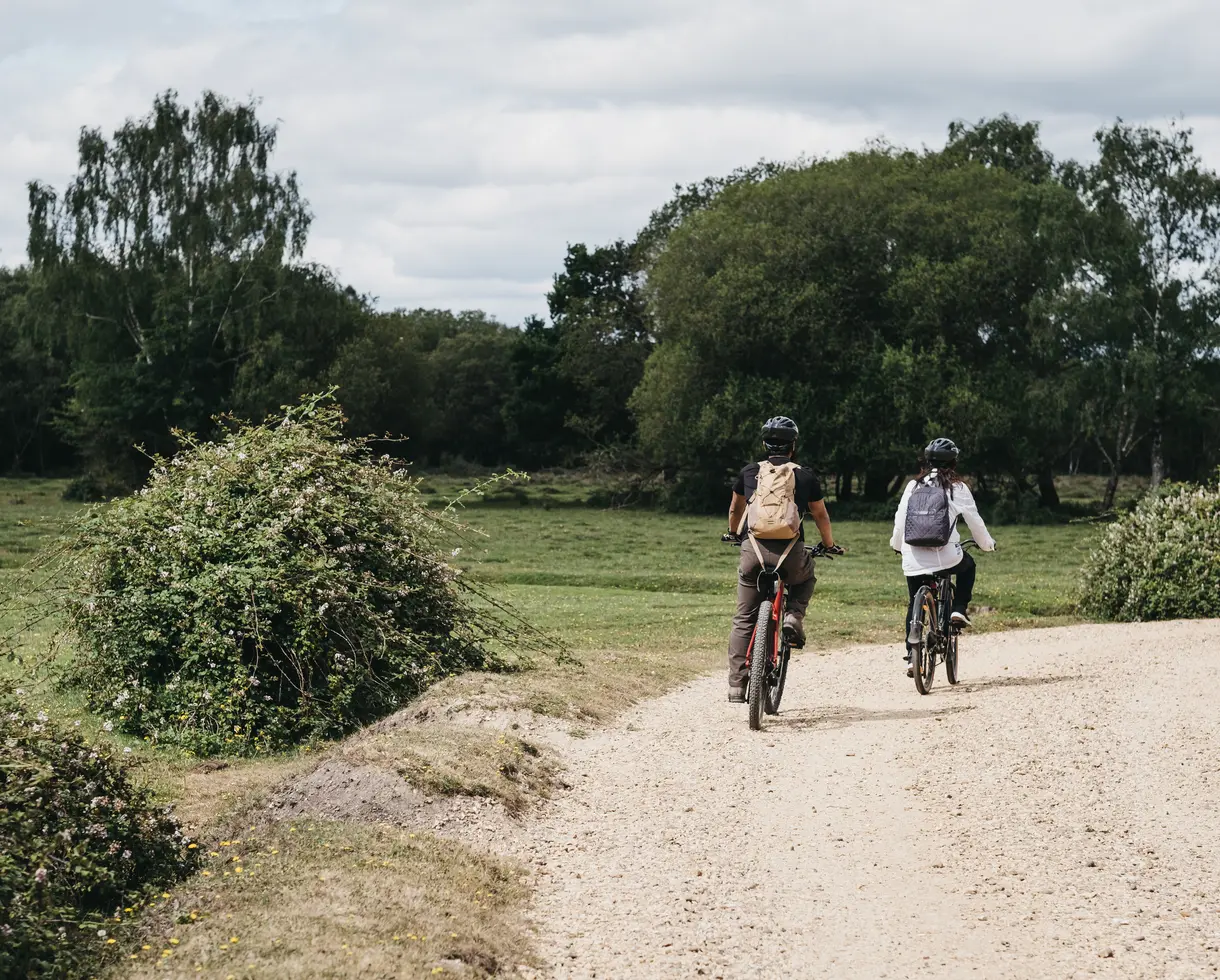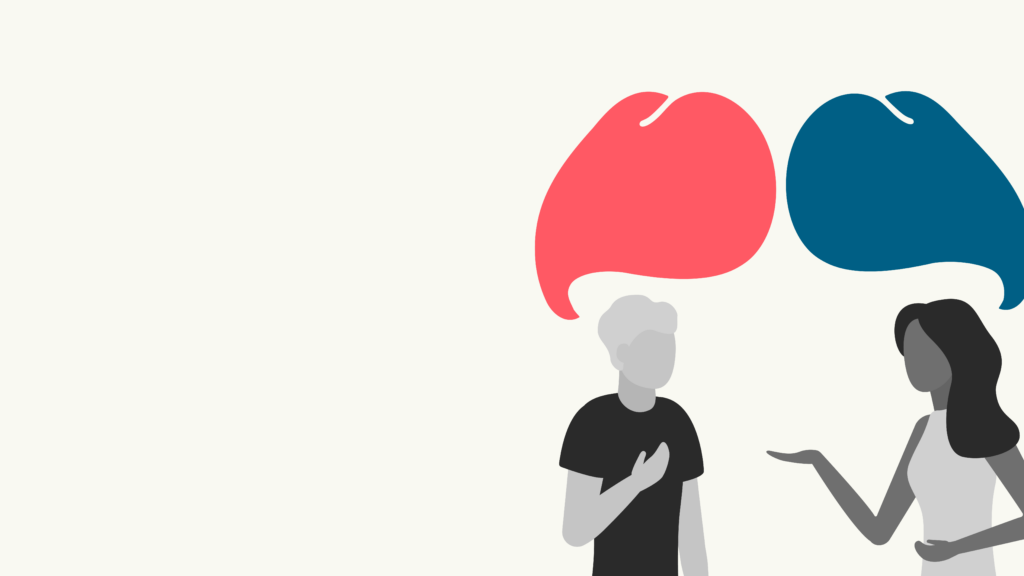On Sunday 10th May, the Prime Minister announced that he was lifting the one-hour daily limit on outdoor exercising that had been imposed when the nation went into lockdown on 23rd March.
When other restrictions that limit mobility and socialising remain in place, the fact that outdoor exercising was one of the first restrictions to be lifted as we move into the ‘alert’ phase of lockdown, is an acknowledgement of the vital role that exercising and nature can play in improving the nation’s physical and emotional wellbeing.
A day earlier, the Transport Secretary, Grant Shapps, unveiled a £2 billion package to get more people cycling and walking to work to help English local authorities alter road networks to take pressure off roads and public transport network and encourage people to take more exercise and play a part in reducing congestion and emission rates in our cities.
So, among all of the bad news resulting from the COVID-19 pandemic, is there a glimmer of hope that some of the guidance and behaviours that we are adopting in lockdown, such as the importance of good hygiene and taking daily exercise could actually help us reassess old habits, reboot our lifestyles and establish a healthier behaviour in the future? A study published in the European Journal of Social Psychology by Phillippa Lally, a health psychology researcher at University College London, found that on average, it takes more than 2 months – or more specifically 66 days to be exact – before a new behaviour becomes automatic. The length of time it takes for a new habit to form will depend on the behaviour, the person, and the circumstances. In Lally’s study, it took anywhere from 18 days to 254 days for people to form a new habit. As the weeks in lockdown turn into months, Lally’s research would suggest that, if we seize the opportunity that COVID-19 presents, individuals and administrations could use this as a unique opportunity to build upon the world’s largest ever annual fall in C02 emissions, while prioritising health and wellbeing and introducing a better work/life balance.
As we come to terms with the global shockwave caused by this pandemic, for many of us, our relationship with nature has strengthened and we have developed a greater appreciation of our natural capital. In living memory, never have we appreciated fresh air, wildlife and a daily walk so much. Those of us lucky enough to have gardens are likely to have taken a renewed interest in them over recent weeks. Estate agents are reporting a surge in the numbers of would-be homebuyers plotting a move out of the city to a rural area or smaller town as people are reassessing what is important to them – whether that is working from home for part of the week once normal service resumes or wanting a bigger garden for their children to play in.
According to Mind, one of the UK’s leading providers of mental health advice and support, spending time in green space or bringing nature into your everyday life can benefit both your mental and physical wellbeing. On its website, it reports that research into ecotherapy (a type of formal treatment which involves doing activities outside in nature) has shown it can help with mild to moderate depression – possibly due to combining regular physical activity and social contact with being outside in nature.
The design principles developed by the National Infrastructure Design Group in its document ‘climate people places value’ touch on the importance and impact of placemaking on health and wellbeing, stresses the need to look for opportunities to use infrastructure to benefit the natural and built environment and highlights the benefits of bringing together different professions and skills from the outset to enable a ‘systems approach’ and use a shared understanding between different disciplines to resolve multiple problems.
As a result of the virus, authorities in cities and towns across the world have been forced to consider how urban spaces are redesigned to ease pressure on parks, leisure trails and streets and limit the spread of the virus. As we emerge from the pandemic, we should all be taking an interest in how our villages, towns and cities are designed to maximise and promote opportunities to access green spaces, fresh air and places to exercise, as well as making it safe and convenient to go about our daily business and pleasure pursuits. Among the uncertainty, COVID-19 is a unique opportunity to appreciate the vital and symbiotic relationship we share with nature. Make the most of it and when lockdown is finally lifted, don’t forget it!
BECG is a Green Halo partner and is passionate about the role that the built environment can play in improving health and wellbeing. To find out more contact Sam Gibson.




